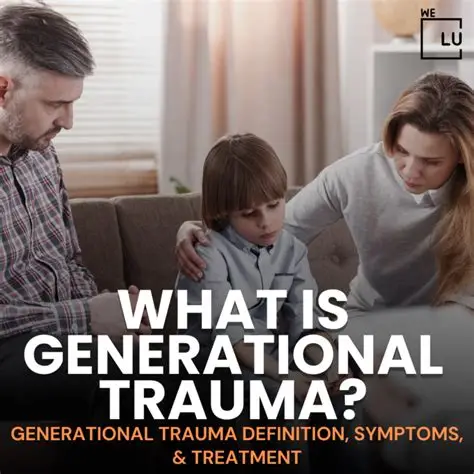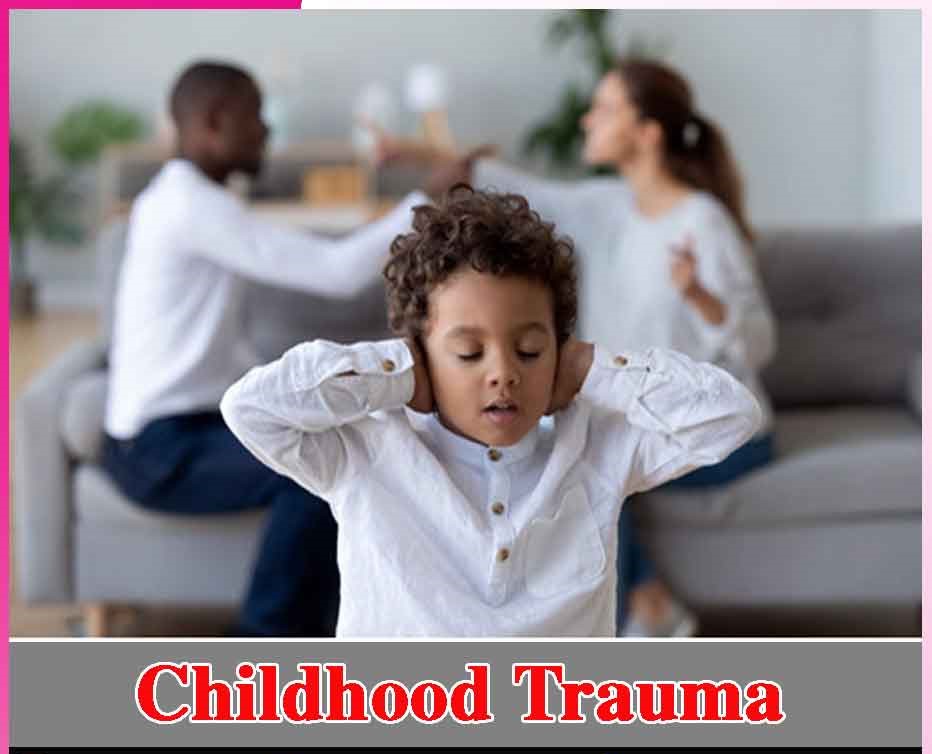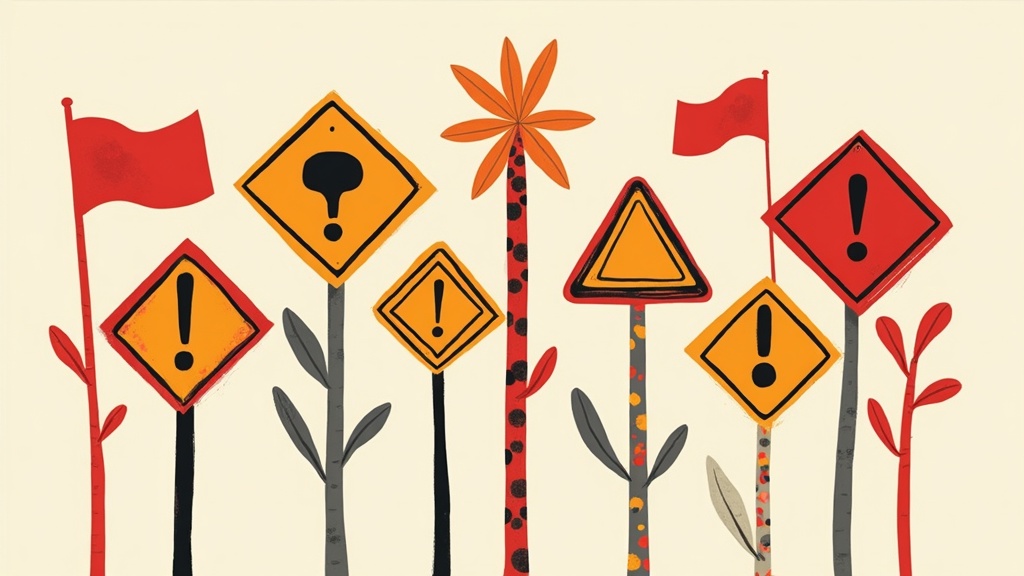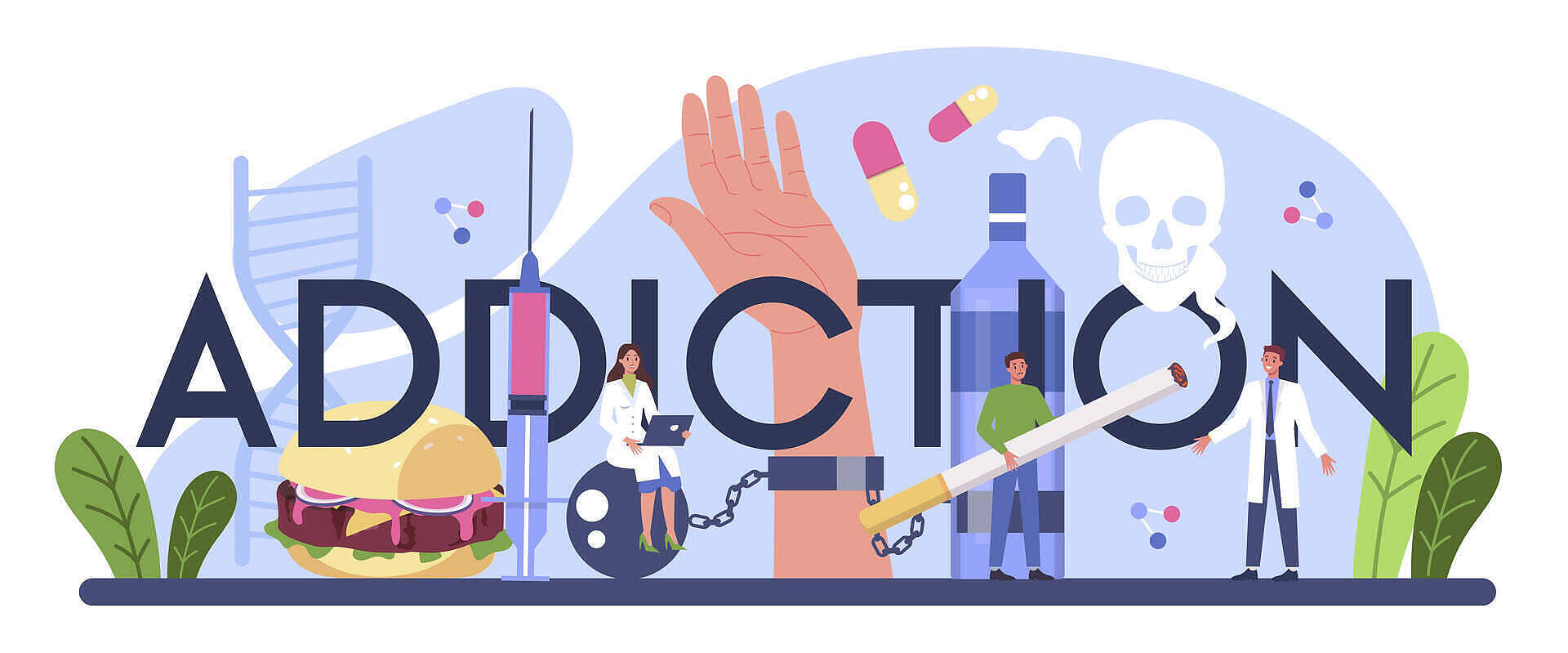PTSD Nightmares lead to Relapse
Veterans working through recovery often face tough challenges, especially when unexpected triggers show up and threaten to throw everything off course. These nightmare triggers aren’t always obvious, but can pull the rug out from under steady progress. I’ve learned how surprising and powerful these triggers can be, so understanding what they are and how they … Read more









